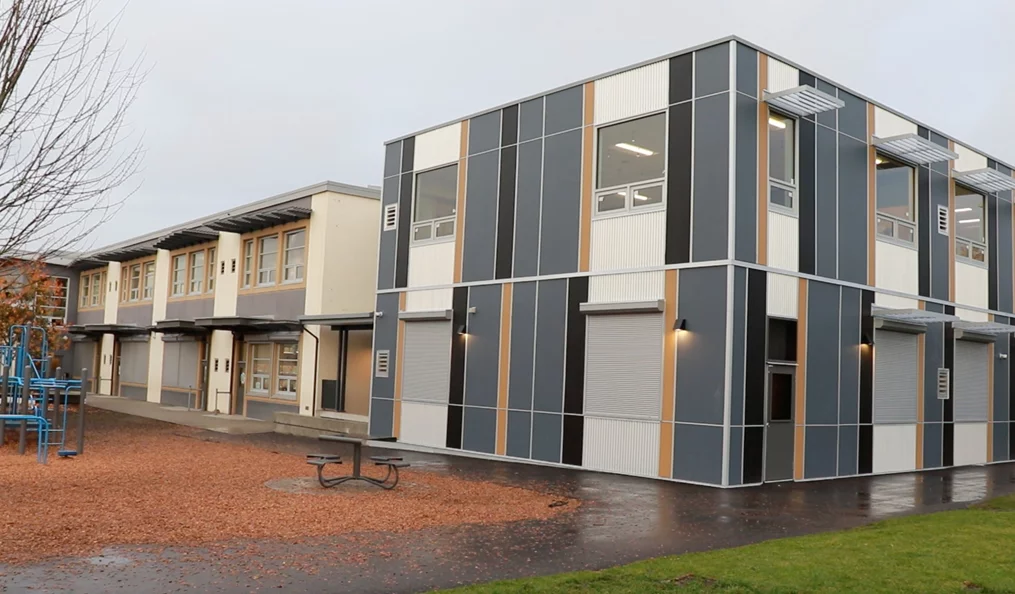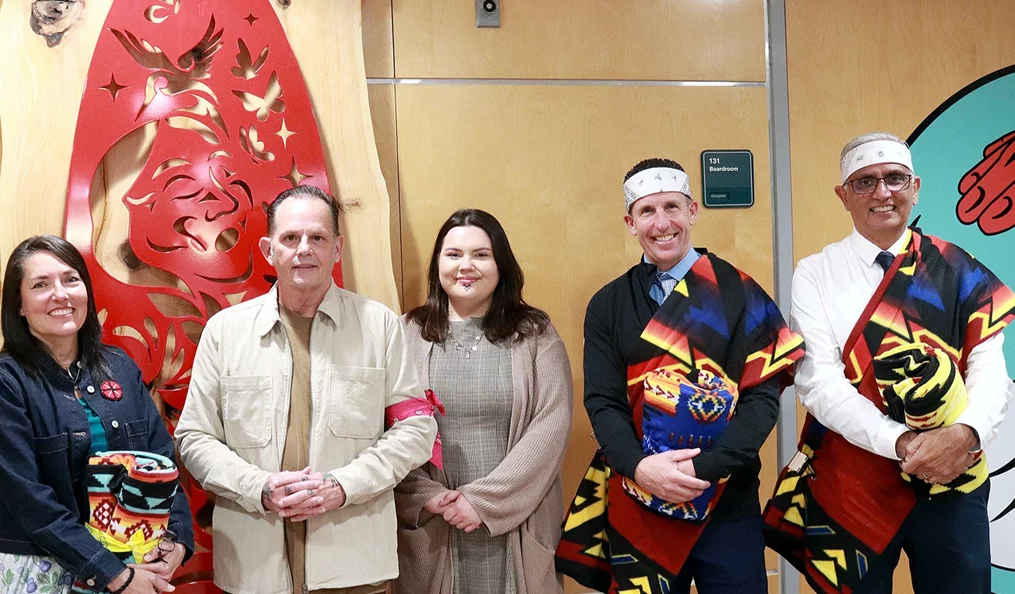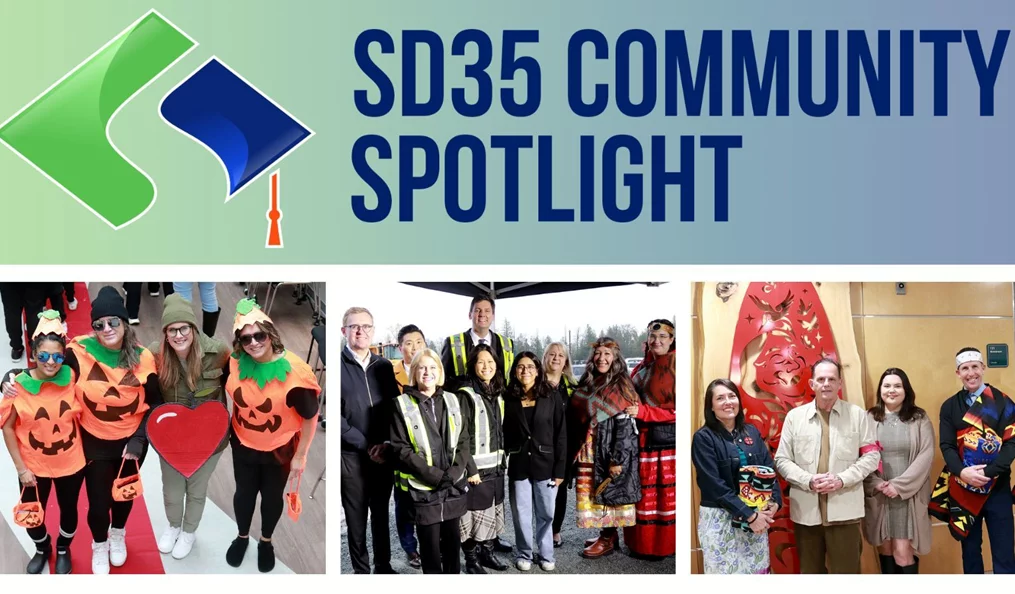
SD35 Community Spotlight - November 2025
Welcome to a new edition of the SD35 Community Spotlight! This newsletter is created for parents, guardians, and families in the Langley School District, that aims to shine a light on the incredible s...
News & Announcements
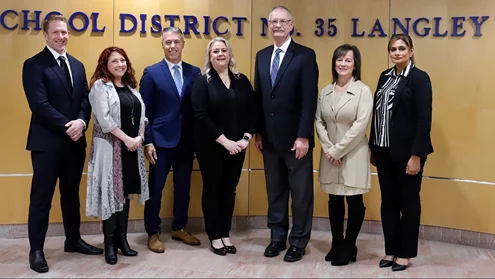
Board News
Regular Board Meeting: November 18, 2025
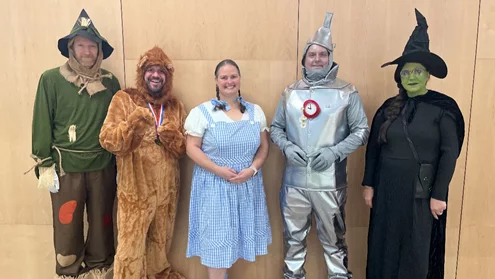
District News
Spooky Halloween Fun Across the District

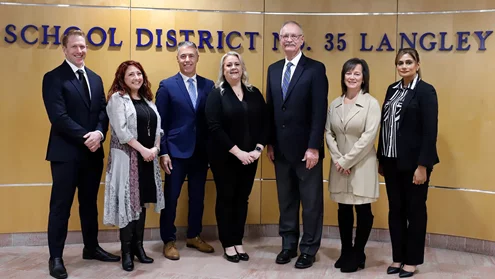
Board News
Regular Board Meeting: October 21, 2025
Upcoming Events
DECEMBER 09, 2025 Audit Committee Meeting 3:30 PM - 4:30 PM
DECEMBER 16, 2025 Regular Board Meeting 7:00 PM - 9:00 PM
DECEMBER 19, 2025 Last Day Prior to Winter Break (except LEC) All Day
JANUARY 05, 2026 School Re-Opens After Winter Break All Day
JANUARY 13, 2026 Policy Committee 3:00 PM - 4:00 PM
JANUARY 13, 2026 Education/Strategic Plan Meeting 4:00 PM - 5:00 PM


